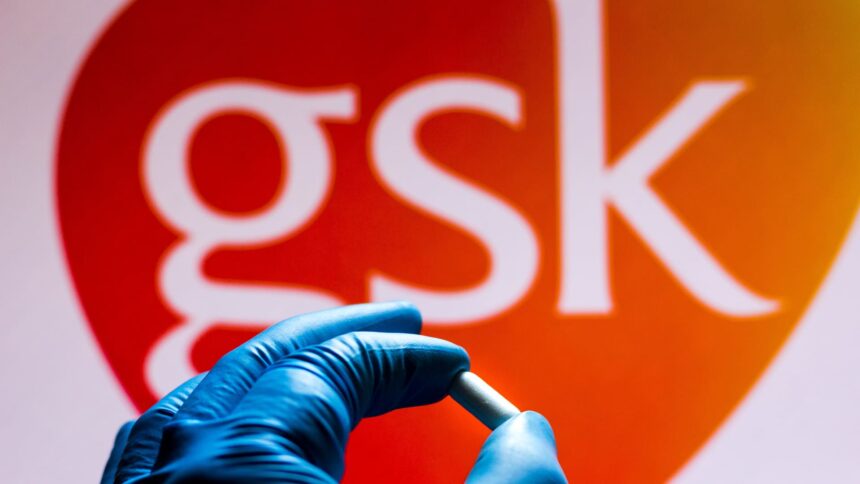In a significant move reflecting a robust commitment to bolstering its presence in the U.S. market, British pharmaceutical giant GSK has announced its plans to invest at least $30 billion in research and development (R&D) and manufacturing over the next five years. This announcement coincides with the state visit of President Donald Trump to the U.K., highlighting the ongoing dialogue regarding international trade and investment in healthcare.
GSK’s investment is poised to include a substantial allocation of $1.2 billion specifically earmarked for advanced manufacturing, artificial intelligence, and digital technologies. The objective is to create “next-generation biopharma factories and laboratories” within the United States, emphasizing the company’s commitment to innovation in the biopharmaceutical sector.
CEO Emma Walmsley expressed pride in GSK’s role in both the U.S. and the U.K., stating, “This week’s State Visit brings together two countries that have led the world in science and healthcare innovation. We are proud to be part of both.” She further elaborated that the new investment would enhance GSK’s existing R&D capabilities and supply chain in the U.S.
This announcement comes amidst a trend where several global pharmaceutical firms are significantly increasing their investments in the United States, largely due to encouragement from the Trump administration aimed at bolstering domestic manufacturing while also addressing concerns over rising drug costs. Earlier this year, AstraZeneca revealed plans for a $50 billion investment in U.S. manufacturing and research capabilities by 2030, joining other major firms such as Novartis, Sanofi, Roche, and American companies like Eli Lilly and Johnson & Johnson, who have also made substantial commitments.
GSK’s $1.2 billion investment is set to support the construction of a new biologics factory in Pennsylvania, which will focus on producing medicines for respiratory conditions and cancer. Additionally, the plan includes the incorporation of advanced digital technology capabilities across five existing manufacturing sites located in Pennsylvania, North Carolina, Maryland, and Montana. The broader investment strategy encompasses capital investments in GSK’s U.S. supply chain, alongside a significant increase in funding for drug discovery, development, and clinical trial activities.
Trump’s current visit, characterized by notable corporate investment announcements in the U.K. from major companies in the tech sector—including Microsoft, Nvidia, Google, OpenAI, and Salesforce—suggests a strengthening of transatlantic ties, particularly in innovative industries.
As this developing story continues to unfold, it reflects not only the strategic priorities of major pharmaceutical players like GSK but also the evolving landscape of international business in the context of ongoing trade relations. Further updates are expected as the implications of these investments become clearer.







